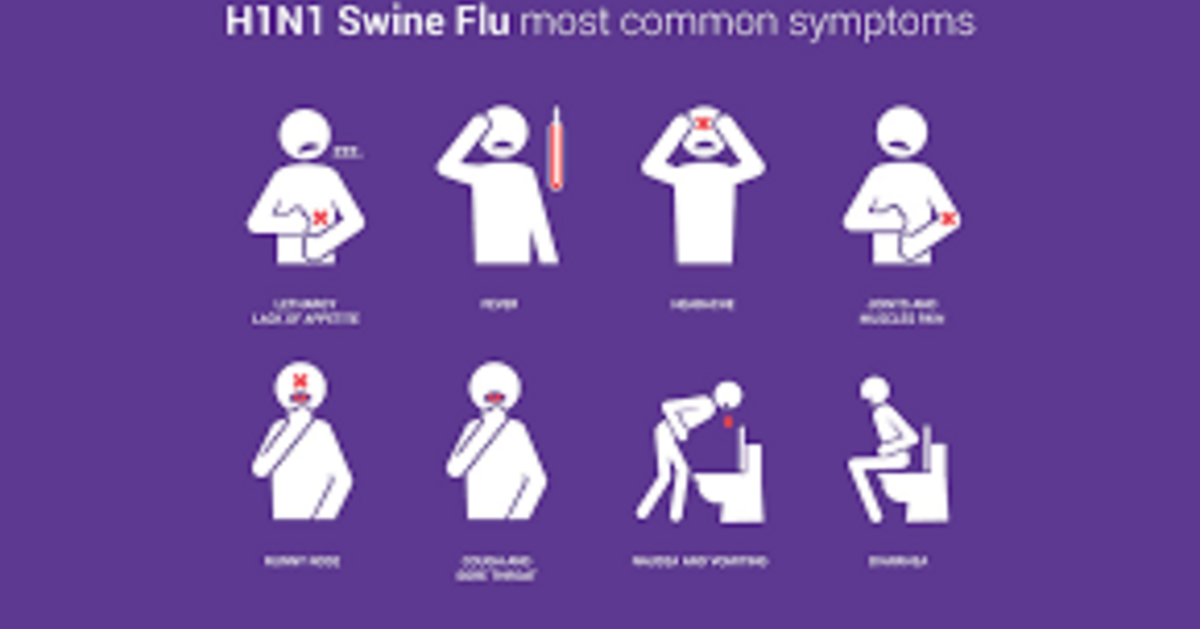H1N1 Virus: Symptoms, Prevention, and Tips for a Healthy Lifestyle
When the weather changes or flu season kicks in, one term often starts showing up again — H1N1. But what exactly is this virus, and why should we care about it now?
Let’s break it down in a simple way — from H1N1 symptoms to treatment, daily health tips, and how staying active might just help.
What is H1N1?
H1N1 is a strain of the influenza virus, also known as “swine flu.” It became globally known during the 2009 pandemic, but the virus hasn’t gone away. It continues to affect people every year, especially those with lower immunity.
It spreads through the air, usually when someone coughs or sneezes, or even through touching infected surfaces.


If these symptoms last for more than a few days or start getting worse, it’s a good idea to get an H1N1 test.
How is H1N1 Treated?
There’s no need to panic if you or someone you know tests positive for H1N1. In most cases, it can be managed with rest, fluids, and basic antiviral medications prescribed by a doctor. In more serious situations, hospital care may be needed.
How Can You Prevent H1N1?
- Get vaccinated – Flu vaccines include protection against H1N1.
- Wash hands often – Soap and water go a long way.
- Avoid crowded places during peak flu season.
- Wear a mask if you’re unwell or around others who are sick.
- Don’t share personal items like utensils or towels.
- Eat healthy foods rich in Vitamin C and antioxidants.
- Stay home if you feel unwell to avoid spreading the virus.
Fitness and H1N1: Is There a Connection?
While exercise can’t prevent a virus, staying fit does help your body fight infections better. A balanced routine that includes walking, light cardio, or yoga can keep your immune system in better shape.
Just remember, if you’re feeling sick — rest is more important than working out.
Pros and Cons of the H1N1 Vaccine
Advantages:
- Reduces risk of severe illness
- Protects high-risk individuals
- Helps slow community spread
Disadvantages:
- Mild side effects like soreness or low fever
- May not provide 100% protection (but still lowers risk)
Advice and Disclaimer
If you feel sick or have symptoms that match the H1N1 virus, don’t ignore them. Visit a doctor, take rest, and follow the necessary precautions.
Disclaimer: This article is for informational purposes only. It is not a substitute for professional medical advice, diagnosis, or treatment. Always consult a qualified healthcare provider with questions about your health.